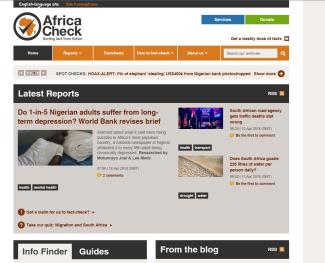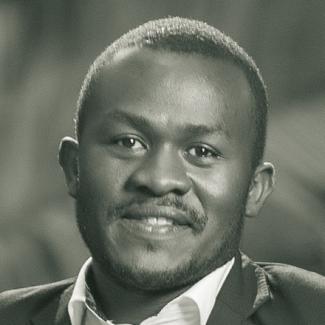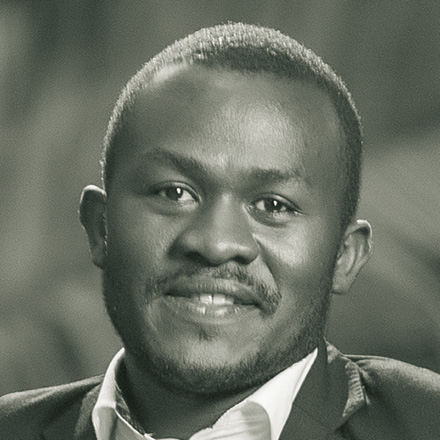Journalism
The methods of fact-checking

Did ousted South African President Jacob Zuma dance with a skimpily dressed woman as depicted in a viral picture doing rounds online? No, that was a sleek photoshop job. Did Uganda get more refugees every day in 2016 than some of the European countries got in a year? Oh yes, that’s correct. Is Kenya’s unemployment 40 % as widely reported and repeated? that’s incorrect. Did “at least 50,000” Nigerians die from terrorism in 2017? That’s wildly incorrect.
All these claims were checked for accuracy. The verdicts were rendered by researchers and editors at Africa Check, a leading fact-checking organisation.
The first step, according to Africa Check’s fact-checking manual, is to identify the exact claim that is to be verified. It must be a factual claim, not an expression of an opinion or belief. The next step is to contact the person who makes the claim to ask them about the source or proof of their claim. In cases where such contact is impossible, a review of relevant publicly available documents is the next step. Then, fact-checkers must turn to experts in the field – people with a track-record of solid research in that particular field—to add nuance and context. After that, Africa Check authors write their reports, setting out the evidence step by step and indicating the sources used. Then the manuscript is passed on to an editor for review. Only once a verdict is agreed, is the article published. In case a mistake is detected at a later point (a very rare occurrence at Africa Check), the correction is made transparently.
Fact checking is necessary. In the digital world, people will always make claims, circulate pictures and videos, misinterpret official data or even opinion polls and exaggerate the facts to tell their story. Fact-checkers must help the public stay informed about the facts.
The good news is that the fact-checking community is growing globally. The International Fact-checking Network sets the standards. Its code of principles spells out the rules that fact-checking organisations must follow. Beyond the methods elaborated above, relevant aspects include a commitment to non-partisanship and transparency of sources. Moreover, fact-checkers should reveal the sources of their funding. The standards are reviewed annually. So far, at least 49 verified signatories comply with the code of principles.
Africa Check is not the only fact-checking initiative in Africa. Others include:
- Pesa Check, which checks financial information in Kenya,
- Nation Newsplex, which is run by East Africa’s major media house, the Nation Media Group in Nairobi and
- Dubawa, a fact-checking outfit launched by Nigeria’s Premium Times. (as)










